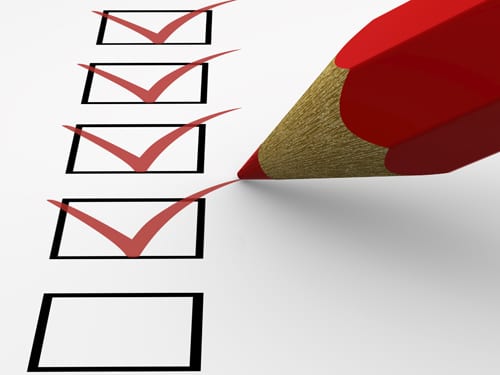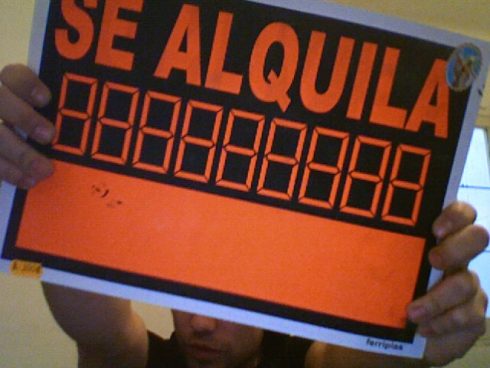IF you’re planning on selling a property in Spain some time in the near future, here’s a list of things you’ll need to make sure there are no surprises waiting for the buyer, or the seller.
The first step to selling anything is proving you own it. In Spain, property ownership is reflected in an escritura (the equivalent of property deeds or title), a public document that is signed and authorised by a notary. As a few unlucky buyers have found, not every property in Spain has all the paperwork required to be legal, so this is very important. The escritura must also be registered with the Registro de la Propiedad (Land Registry), to show you are the sole registered owner of the property.
The escritura includes the terms and conditions under which you purchased the property: identification details of buyer and seller, real-estate number for the Land Registry, a physical description, any outstanding liens, encumbrances, and fees at the time of completion (such as outstanding mortgages and community charges), and the sale price and form of payment.
You’ll also need to show community costs (if they apply to your property) are paid up to date and the Impuesto de Bienes Inmuebles (IBI, equivalent to annual property rates or taxes) has been paid to the Town Hall in whose municipality your property is located.
You should provide the following documents to the notary at the time of completion:
- Since 2013, a Certificado de Eficiencia Energética (CEE, or energy certificate), if you use the property more than four months a year. Otherwise, you only need to sign a declaration stating this is the case.
- Your NIE number.
- Copy of your latest IBI receipt.
- Proof of transfer of any monies received from the buyer in advance.
The buyer will also want to see copies of recent utility bills, to confirm utilities are installed and in service.
It is vital your property’s total built area (in square metres) is correctly reflected in the escritura, and that the same information appears in the Land Registry. If your buyer needs a mortgage, the bank will only lend against the value of registered square metres, as reflected in the Land Registry. Licences for any extension work are also essential, as are invoices for improvements made to your property, as these can be used to mitigate capital gains levies.
When you’ve got all the above and, of course, a buyer, you need to draw up (or have a lawyer do it) contracts, negotiate terms, and, after as little as 15 days, visit a notary to sign the contract and collect payment. At this point, a new escritura will be created, reflecting all the details of the latest change in ownership.








Since moving to Spain 10 years ago, I have never heard the essential (in Britain) word ‘survey’ used in connection with property purchase in Spain.
I will freely admit that I left my brains at the airport when I bought my house, and in view of the fact that many Spanish properties have a tendency to try to relocate themselves further down the hillside, I shudder at the fact that I didn’t have a survey done.
The urge and pressure to buy a property quickly, meant leaving out the hunt for the word ‘surveyor’ in Spanish, and to finding out where they advertise, or if they even exist. I completed the completely legal purchase of my property complying in every way with that described in the article above, in three weeks.
I have no reason to believe my house is in anyway suspect, but I, even now, don’t know if my house has foundations.
I’m too scared to look.